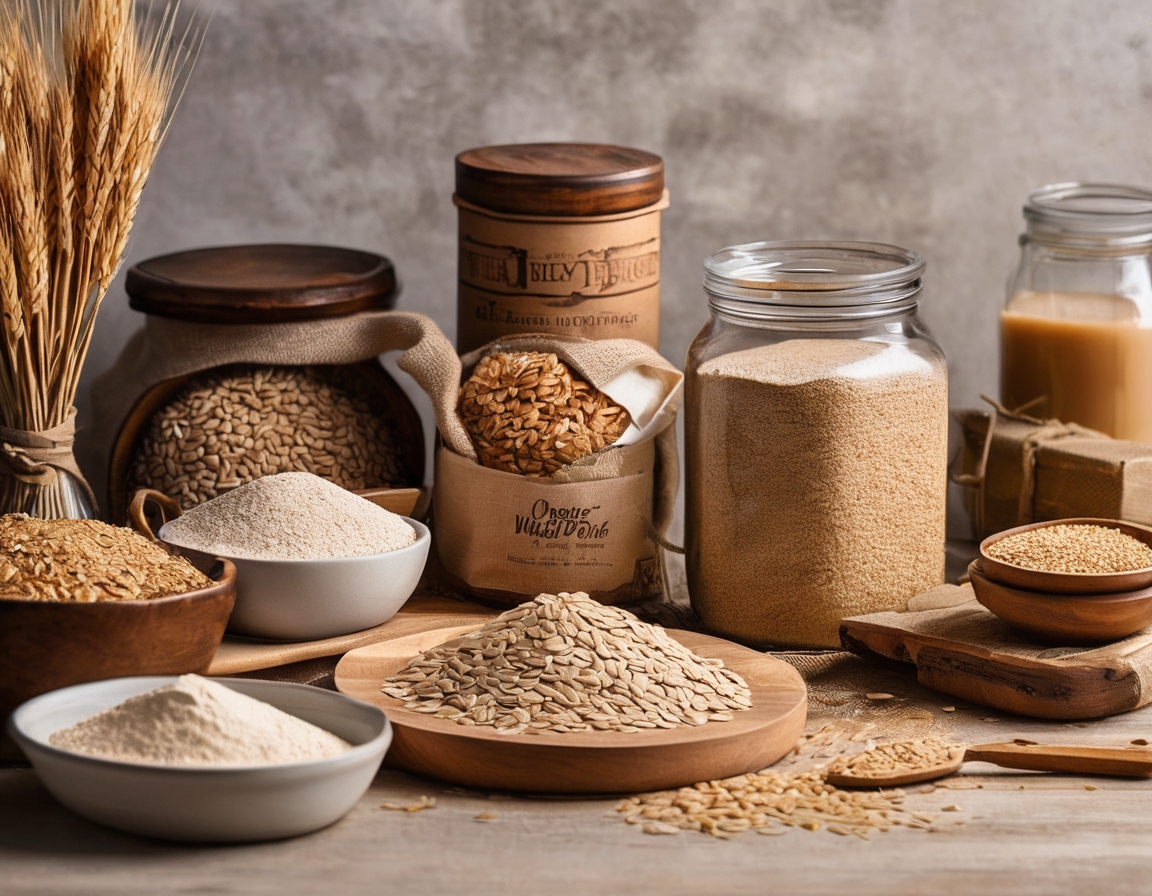Sustainable farming is an agricultural approach that focuses on producing food in a way that maintains the health of the environment, supports economic viability, and enhances the quality of life for farmers and society as a whole. It is crucial in addressing the global challenges of food security, climate change, and environmental degradation.The concept of sustainable farming has evolved over centuries, with traditional farming practices often embodying sustainability principles. However, the industrialization of agriculture in the 20th century led to practices that prioritized yield over environmental health. The modern sustainable farming movement seeks to balance these priorities, integrating traditional wisdom with contemporary innovations.
Principles of Sustainable Farming
Healthy soil is the foundation of sustainable farming. Practices such as crop rotation, cover cropping, and reduced tillage help maintain soil fertility and structure, preventing erosion and degradation.Efficient water use is vital in sustainable farming. Techniques such as drip irrigation, rainwater harvesting, and the use of drought-resistant crop varieties help conserve water resources and ensure long-term agricultural productivity.Sustainable farming promotes biodiversity by encouraging a variety of crops and livestock. This diversity helps maintain ecosystem balance, supports pollinators, and reduces the risk of pest outbreaks.Benefits of Sustainable Farming
Sustainable farming reduces the carbon footprint of agriculture, minimizes pollution, and enhances biodiversity. It plays a critical role in mitigating climate change and preserving natural resources for future generations.While sustainable farming may require initial investments, it often leads to long-term economic benefits. These include reduced input costs, improved crop resilience, and access to premium markets for organic and sustainably produced goods.Sustainably farmed products are often richer in nutrients and free from harmful chemicals, offering significant health benefits to consumers. They support a diet that is both nutritious and environmentally friendly.Sustainable Farming Practices
Organic farming eliminates the use of synthetic fertilizers and pesticides, relying instead on natural processes and materials. This practice supports soil health, biodiversity, and ecological balance.Permaculture is a holistic approach to farming that designs agricultural systems to mimic natural ecosystems. It emphasizes sustainability, self-sufficiency, and resilience.Agroforestry integrates trees and shrubs into agricultural landscapes, enhancing biodiversity, improving soil health, and providing additional income streams for farmers.Challenges and Solutions in Sustainable Farming
Sustainable farming must adapt to changing climate conditions. This includes developing resilient crop varieties, implementing water-saving technologies, and adopting practices that sequester carbon.Advancements in technology, such as precision agriculture and biotechnology, offer new tools for sustainable farming. These innovations can increase efficiency, reduce waste, and improve crop yields.Government policies and community initiatives play a crucial role in promoting sustainable farming. Supportive policies can provide financial incentives, research funding, and education programs to encourage sustainable practices.The Role of Consumers and Businesses
Consumers and businesses can drive demand for sustainably produced goods by choosing products that align with their values. This support encourages more farmers to adopt sustainable practices.By prioritizing organic and sustainably sourced products, consumers can contribute to a healthier planet. This choice supports ethical farming practices and reduces environmental impact.Businesses in the food industry can partner with sustainable farmers to source high-quality ingredients. These collaborations can enhance product offerings and align with consumer demand for sustainability.Contact KOKSVERE VESKI OÜ today to explore our range of sustainable and organic products that support a healthier planet!






Comments (0)